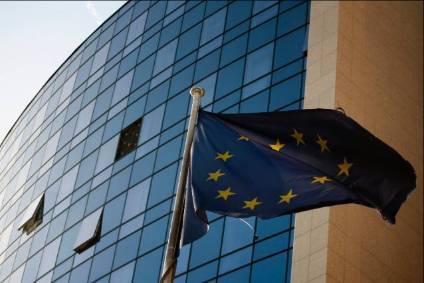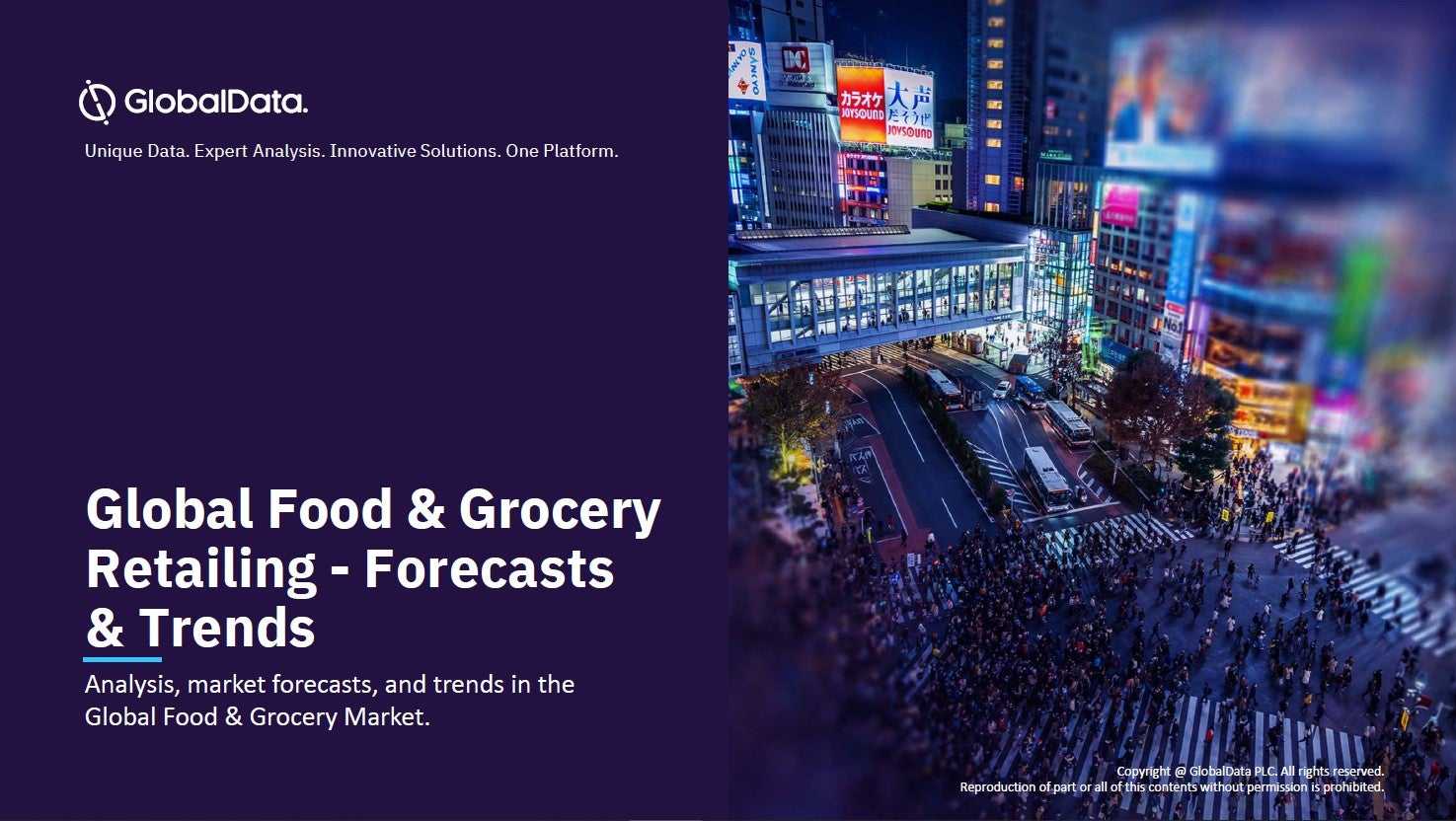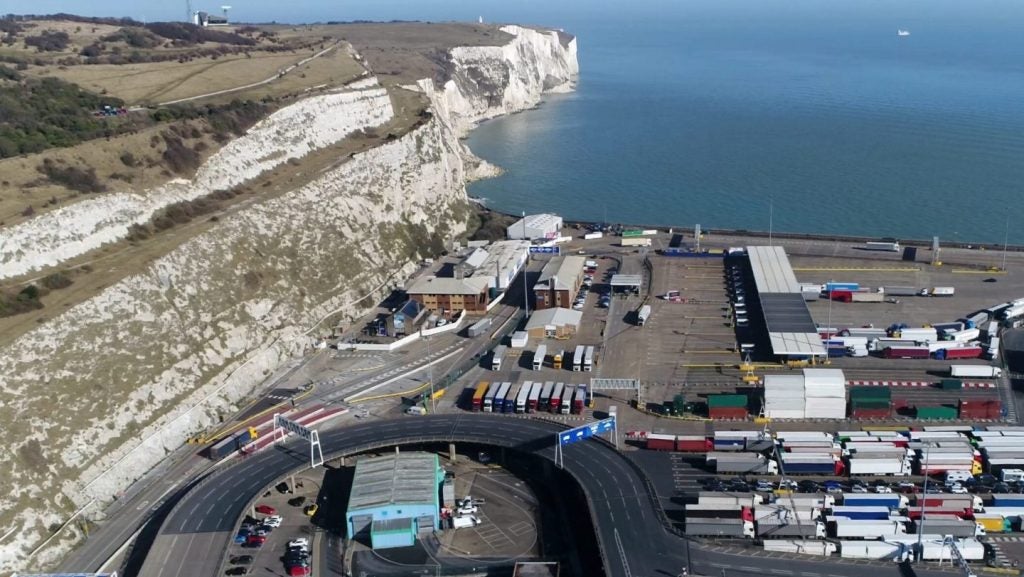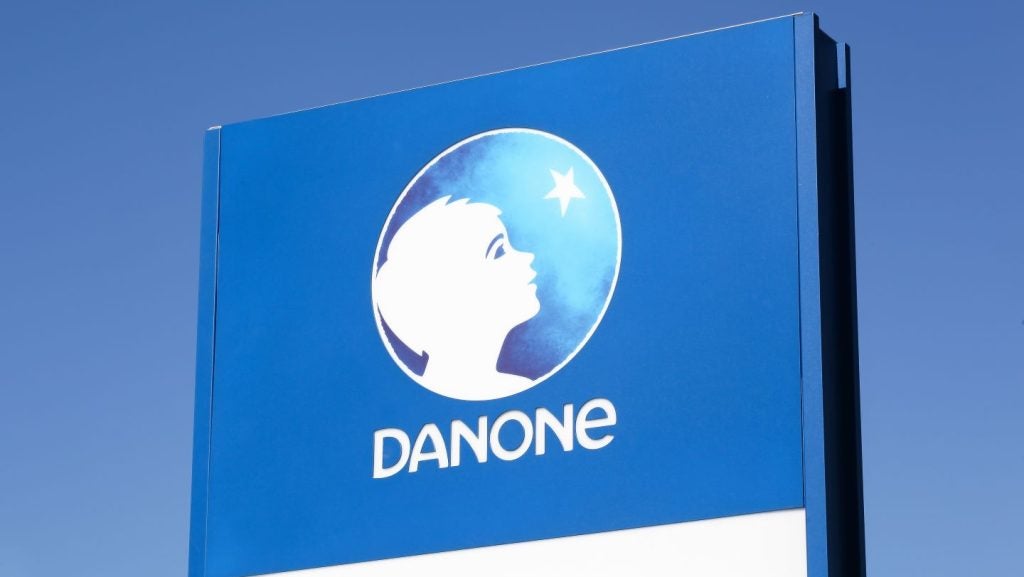
More than two-dozen food manufacturers, including Nestlé, PepsiCo, Kellogg and Ferrero, have signed a voluntary code, devised alongside the EU, to support what Brussels called “the sustainable transition of our food systems”.
The so-called EU Code of Conduct on Responsible Food Business and Marketing Practices is part of the bloc’s efforts to “increase the availability and affordability of healthy and sustainable food options that help reduce our overall environmental footprint”.
BEUC, the pan-European consumer advocacy group, described the code as “a mixed bag”.
In a statement, the European Commission said the code had been “developed with EU associations and companies”, along with input from NGOs and trade unions.
Brussels said the companies that have signed up to the code “commit to accelerate their contribution to a sustainable transition”.
How well do you really know your competitors?
Access the most comprehensive Company Profiles on the market, powered by GlobalData. Save hours of research. Gain competitive edge.

Thank you!
Your download email will arrive shortly
Not ready to buy yet? Download a free sample
We are confident about the unique quality of our Company Profiles. However, we want you to make the most beneficial decision for your business, so we offer a free sample that you can download by submitting the below form
By GlobalDataThierry Breton, the EU’s Commissioner for the Internal Market, described the code as “a considerable step forward made by the agri-food ecosystem”.
He added: “Every voluntary commitment counts to achieve the sustainable transition of our food systems, while increasing their resilience. The Commission is committed to mobilising its support instruments, in particular for SMEs, the backbone of the agri-food ecosystem, as we are embarking on this ambitious journey.”
Under the scheme, there are what the Commission calls “two levels of commitments”.
EU-wide associations, including the food-industry body FoodDrinkEurope, have seven objectives that are linked to “actions that promote the shift towards healthy and sustainable consumption patterns”. The associations “should report on progress on a yearly basis”.
For companies, there is a “framework for frontrunners for ambitious commitments”, the Commission said, “with measurable outcomes covering a wide range of areas, from animal welfare, to sugar reduction and cutting greenhouse gas emissions in their full product range”. The company signatories, which also include Unilever, “will report progress by submitting a summary of their sustainability report on an annual basis”.
Nestlé, the world’s largest food maker, said it has more than 20 “commitments”, drawn up to reduce the environmental footprint of products while contributing to healthy and nutritious diets.
The KitKat owner pointed to its moves to use Nutri-Score nutrition labels in certain European markets and to its plans to shift to 100% renewable energy.
“The European Union has taken ambitious steps in this space,” Bart Vandewaetere, vice president for corporate communications and ESG engagement within Nestlé’s European operations, said.
“The European Green Deal and the EU Farm to Fork Strategy clearly placed agri-food systems at the heart of the EU’s sustainability agenda and, within this, the roles and responsibilities of the food and drink industry are clearly recognised. These higher external expectations are being met by the sector and leading companies, including Nestlé, with a greater sense of responsibility and willingness to contribute to the EU’s agenda.
Emma Calvert, senior food policy officer at consumer group BEUC, which did contribute to the discussions behind the code, said: “We did not have a strong say in the final text and the outcome is a mixed bag from our perspective.
“We welcome that the code of conduct puts the middle of the food chain centre stage. Food makers, retailers, and the foodservice sector have a major influence on consumer food choices and there is a lot they can do to make it easier for them to eat healthily and sustainably. But as with similar industry codes, the Code of Conduct leaves us wanting more.
“The code carefully avoids clearly defining what a healthy diet means in an EU context. While it is explicit about the foods Europeans should eat more of, it remains silent on the foods and nutrients they should be consuming less.”
She added: “Another gap in the code is that it does not address the importance of price and location promotions in retail settings in the promotion of sustainable and healthy diets. We have heard some participants in the code meetings say that it is a challenge for retailers to commit to removing unhealthy snacks from checkouts if their competitors do not do it, because they lose sales.
“Unfortunately, self-regulation and voluntary commitments can only go so far. Yet the code in itself is just a blueprint. Now we look to food companies to show ambition and put forward commitments that live up to the challenge of building a food environment that truly makes the healthy and sustainable choice the easy one for consumers. It is essential that regular, independent and thorough monitoring and reporting is undertaken to ensure that these commitments actually contribute to meet this challenge.”








